While worldwide EV adoption hasn't quite gone the way most expected it to, there are many other uses for batteries, as many are well aware. Many automakers have already gotten into the energy storage business, in fact, using giant piles of (in some cases, recycled automotive) batteries to power all sorts of things. The Blue Oval has already done this to provide power for at least one of its assembly plants, in fact, but Ford CEO Jim Farley recently revealed that the company may be exploring the idea of expanding its interests in that particular area moving forward.
“We could repurpose our facilities, take LFP technology, and make energy storage batteries - not just EV batteries," the Ford CEO said during his appearance at the 2025 Aspen Ideas Festival recently. Ford doesn't currently produce lithium-iron phosphate batteries, but will soon do so at the under-construction BlueOval Battery Park Michigan plant, which will begin building them using technology licensed from China-based CATL in 2026 - but not Chinese raw materials, at least.
With consumers and businesses looking more and more at energy storage solutions, such a move makes sense on Ford's part. Many of these battery-based backups are used in the event that the power grid goes out - whether that be caused by weather, natural disasters, or just too much demand. Alternatively, many are using these types of systems, coupled with solar panels, as a way to reduce their power bills and reliance on the grid.
On a larger scale, Volkswagen Group already has its own battery energy storage systems in use at charging hubs across Europe, but it's also working on a much larger system that would tout a 700 MWh storage capacity. The goal of that project is to store as much energy as possible gathered from renewable sources, and then sell it back to customers when they need it.

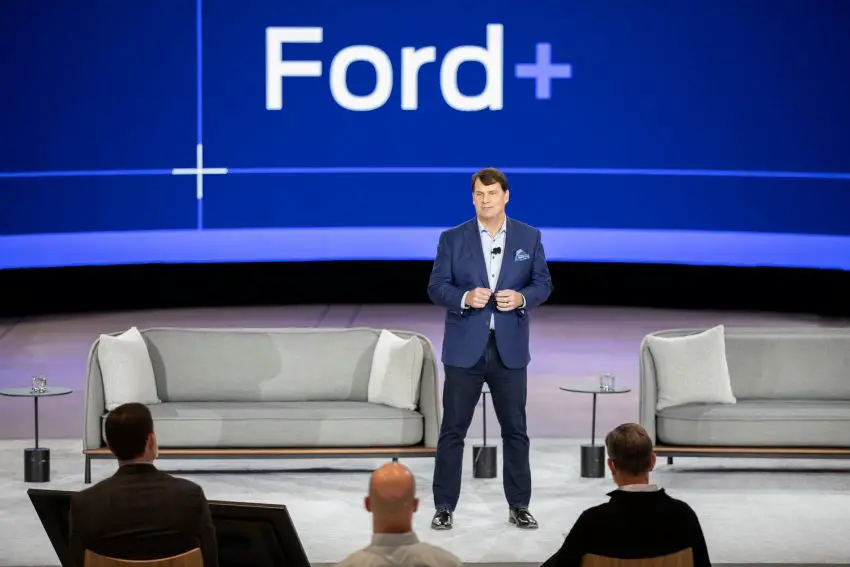
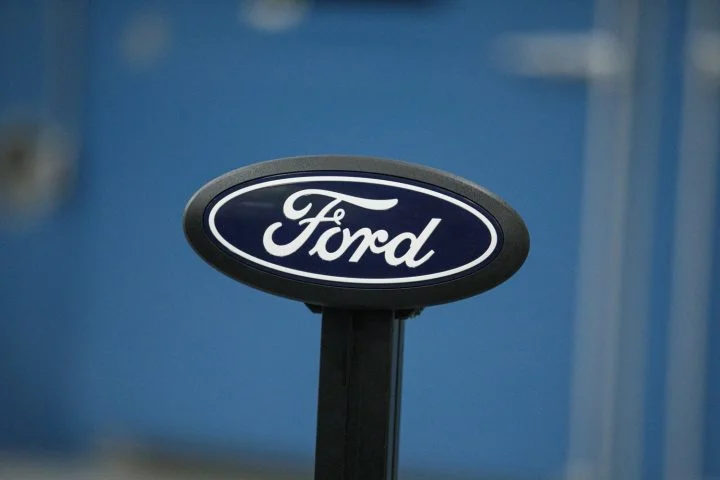
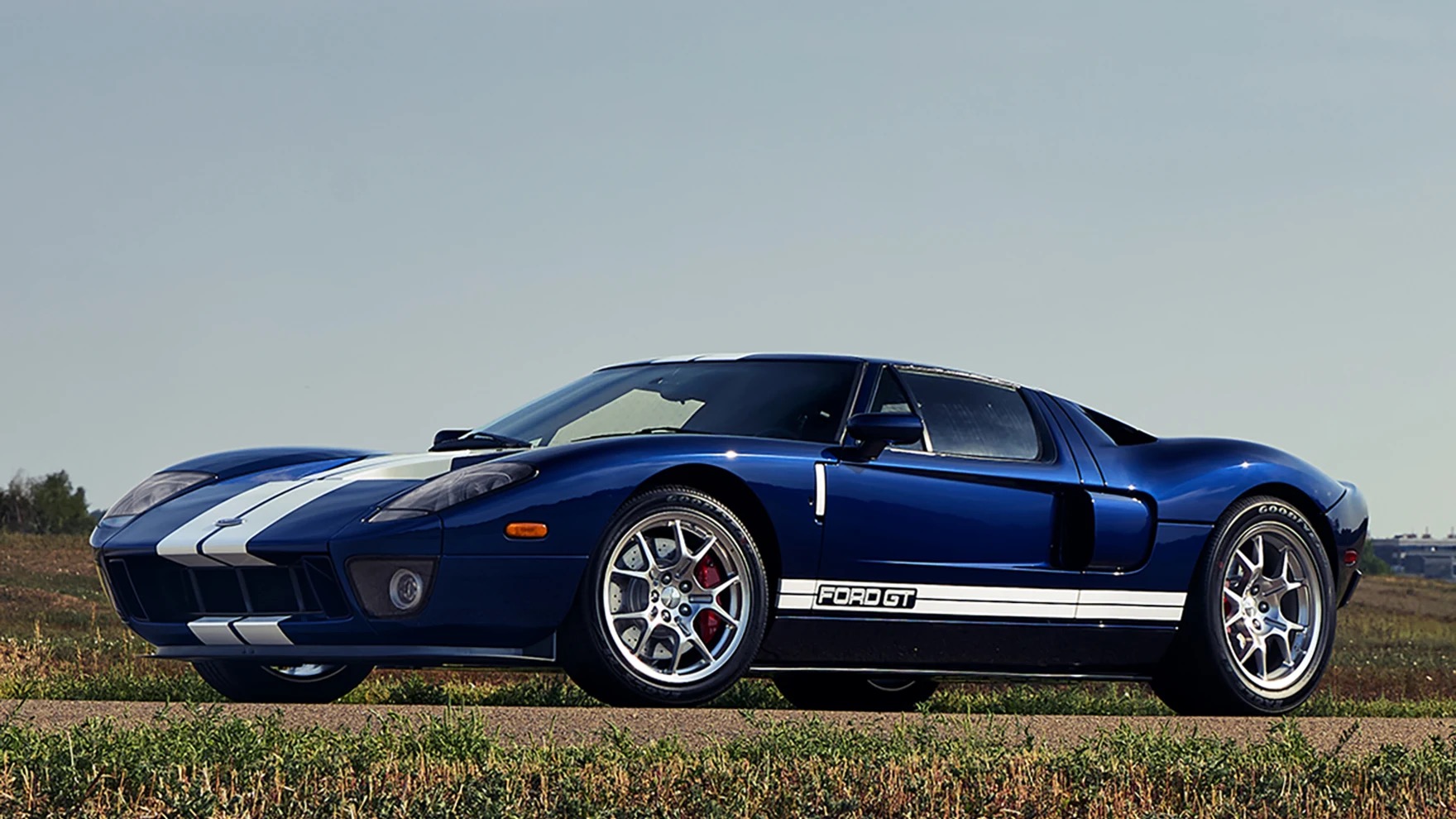



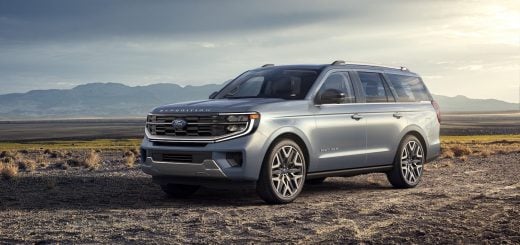
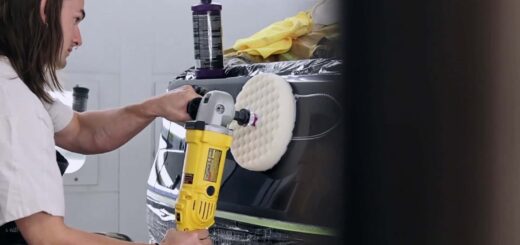
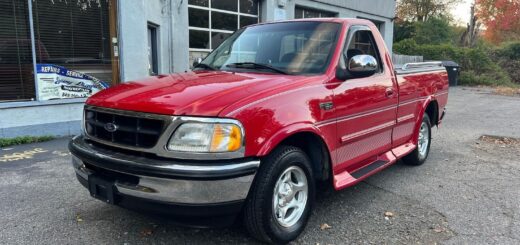
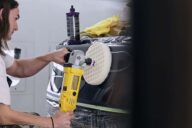


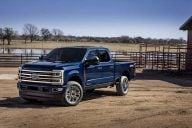
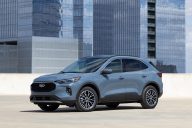
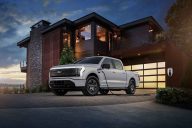
Comment
Try focusing on building cars and trucks you moron